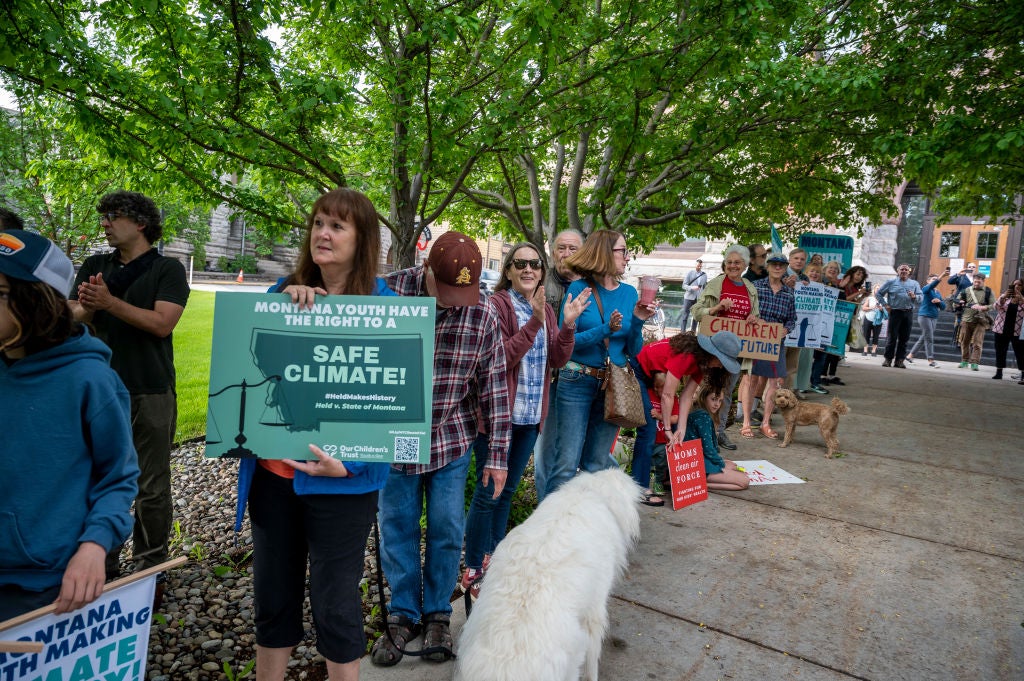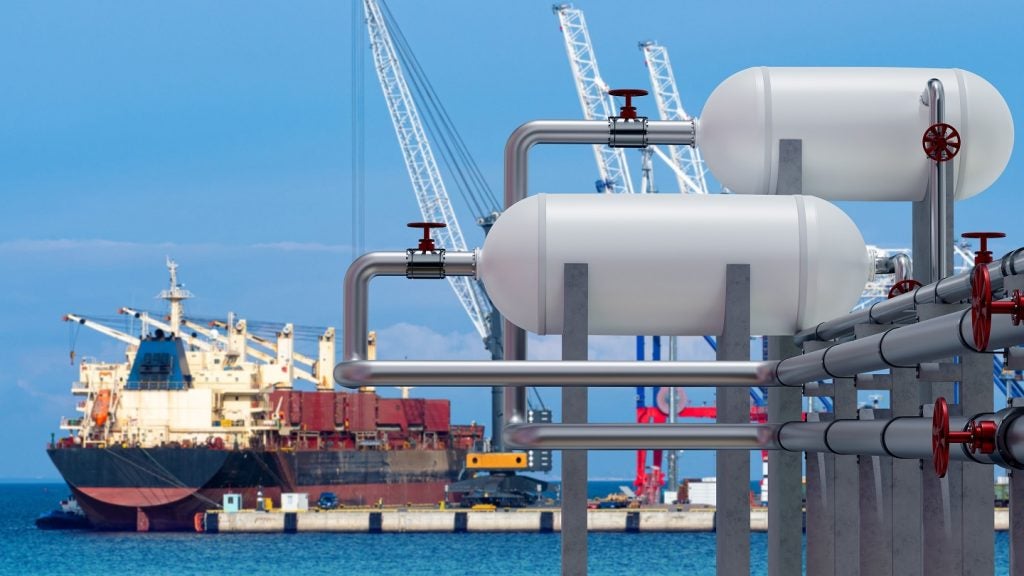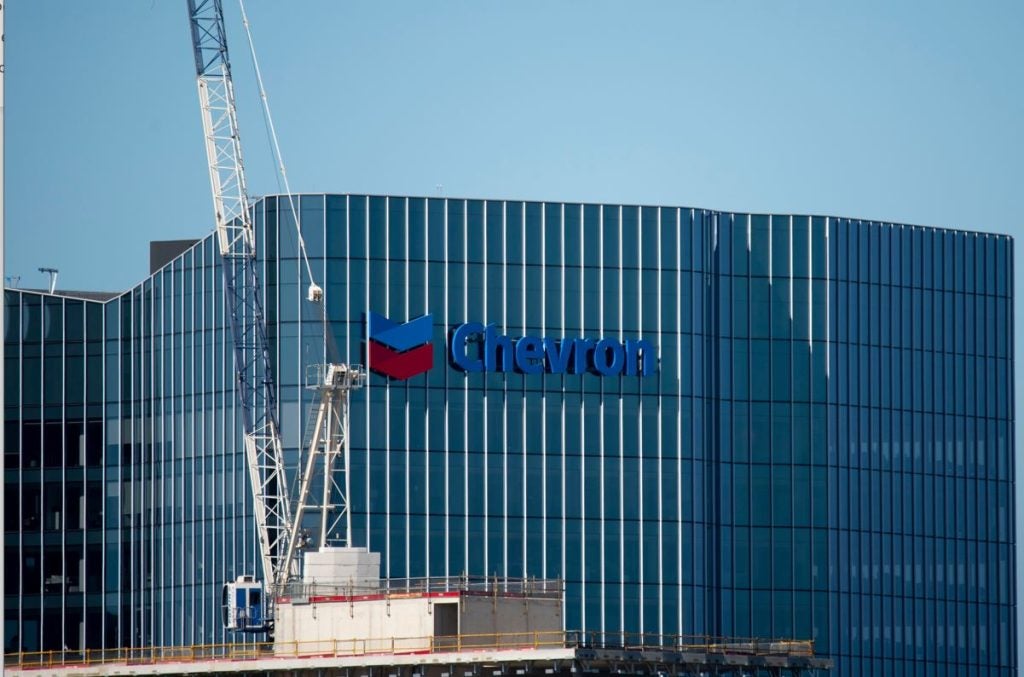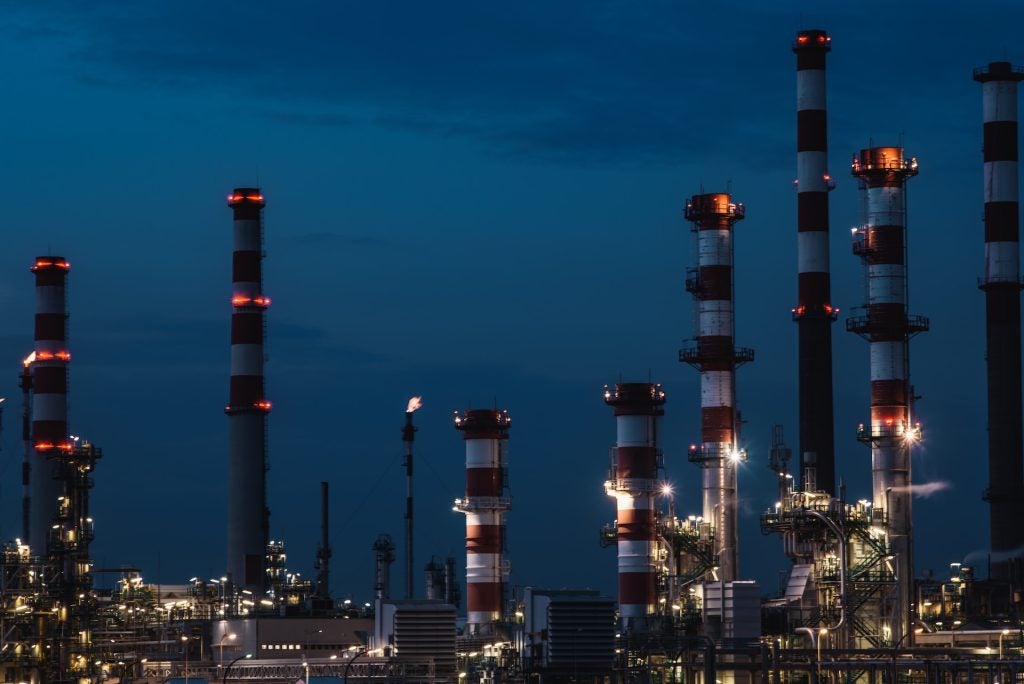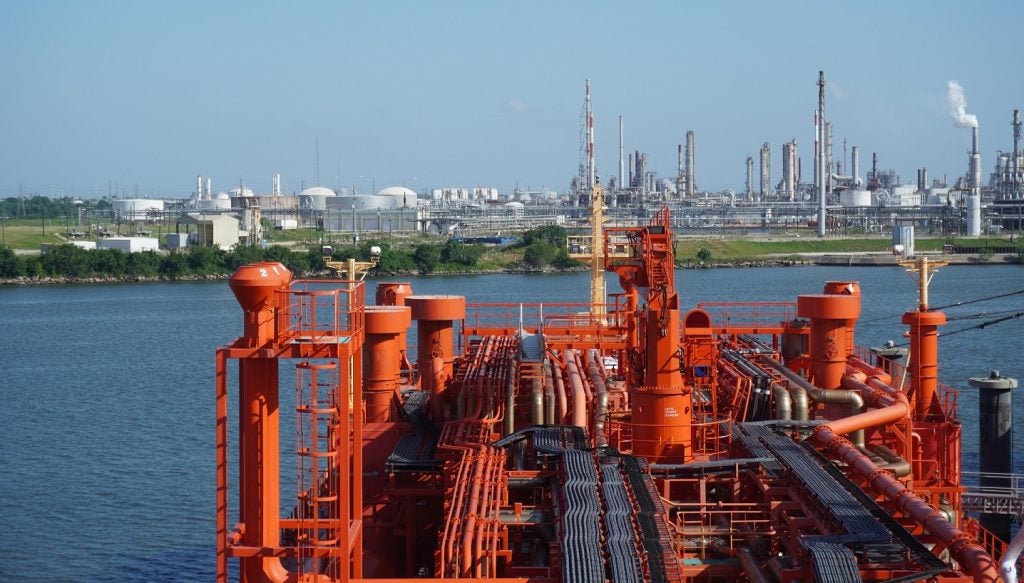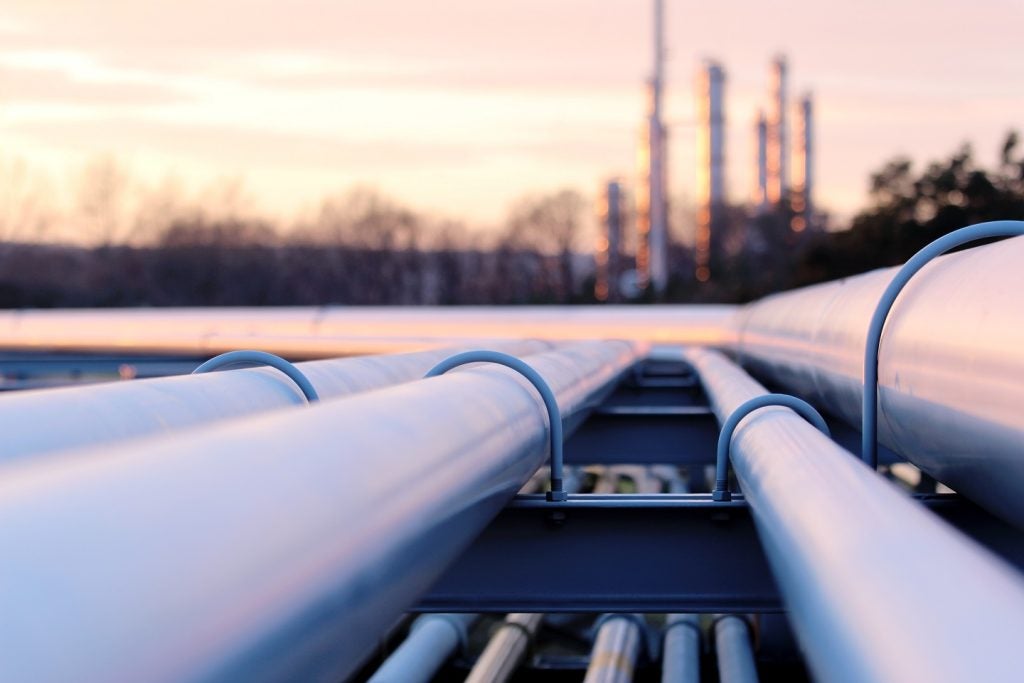The UN has issued a report stating that children have the right to a clean, healthy and sustainable environment. The announcement comes amid a growing wave of climate litigation centred on the rights of children.
As part of the so-called General Comment No. 26, the UN’s Child Rights Committee issued guidance to ensure the rights of children are protected in the face of climate change. The guidance includes the phase-out of fossil fuels and increasing renewables roll-out.
According to the report, businesses and states have “the responsibility to respect children’s rights in relation to the environment”.
“States should strengthen the realisation of children’s rights by sharing and making accessible existing technologies and exerting influence on business operations and value chains to prevent, mitigate and adapt to climate change,” the report reads.
The report is also somewhat critical of carbon capture technologies, stating: “mitigation measures cannot rely on removing greenhouse gases [GHGs] from the atmosphere in the future through unproven technologies”.
Carbon capture is a divisive issue. Its supporters maintain that it is necessary to realistically reach net zero whereas critics argue that it distracts from the true issue of GHG-induced climate change.
“States should prioritize rapid and effective emissions reductions now in order to support children’s full enjoyment of their rights in the shortest possible period of time and to avoid irreversible damage to nature,” the report continues.
The rights of children and fossil fuels
Earlier this year a group of young people brought a case forward against the state of Montana in the US for exacerbating the climate crisis through its pro-fossil fuel policies. The judge ruled in late August that the state must consider the children’s right to a “clean and healthful environment”, as stipulated under the state’s constitution, when permitting energy projects.
The state of Montana says that it will appeal the ruling, so it remains unclear whether it will stand. The trial was the first of its kind and may pave the way for other young people to engage in climate litigation. Notably, the Montana ruling affirmed a link between fossil fuel usage, GHG production and climate change.
Climate trials in several other US states have also brought into question constitutional provisions for the right to a clean environment.
Alongside the views of advisory teams, the UN report published last week contains 16,331 contributions from children themselves from 121 different countries. Children were invited to contribute through online surveys, focus groups and in-person consultations.


